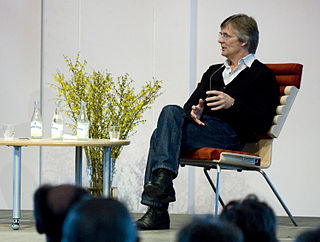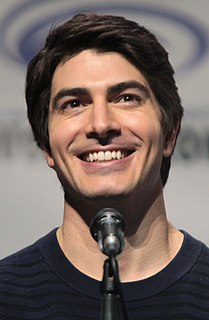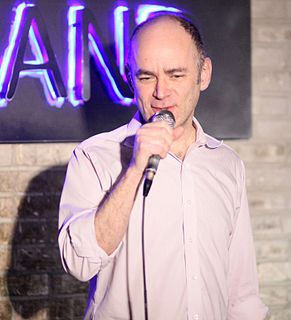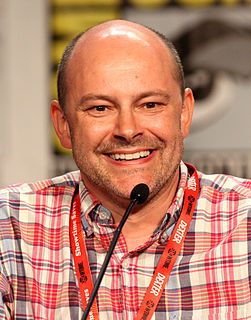A Quote by Karthik Subbaraj
A theatrical release is not possible for a short film.
Quote Topics
Related Quotes
In an old model, the way a film would imprint itself on the public's consciousness is to get a theatrical run. But now there are more documentaries and more films in general being released than ever before. There are weeks when the New York Times is reviewing 15 films, so it's harder to leave an impression on the public. A lot of these films are seeing their financial future on digital platforms. Because viewers aren't hearing as much about films in theatrical release, I think the festival circuit is going to have increasing importance for the life of a film.
When I started, every film got a full theatrical distribution. Today, almost no low budget films, maybe two or three a year, will get a full theatrical distribution. We've been frozen out of that, which means they must be aware that for a full theatrical distribution it either has to be something like Saw or some exploitation film of today or an extremely well made personal film.
You can't do anything to a film post its release. I concentrate on working hard, giving the required inputs for the roles, having discussions with my directors and co-stars. It isn't possible to predict the fate of any film. I don't take failures to heart and successes to my head. These are part and parcel of this career.
Well I'm Superman, just not action. I'm kind of looking for something with a lot less action and more talking and listening. I also have a film that's premiering Vegas Film Festival, short film, directed by Joel Kelly, it's called Denial and it's a story, short film, 35 mm short film and it's about a man's struggle to choose between the woman of his dreams and his reality, so it's definitely different than Superman. So I'm really proud of that.


































